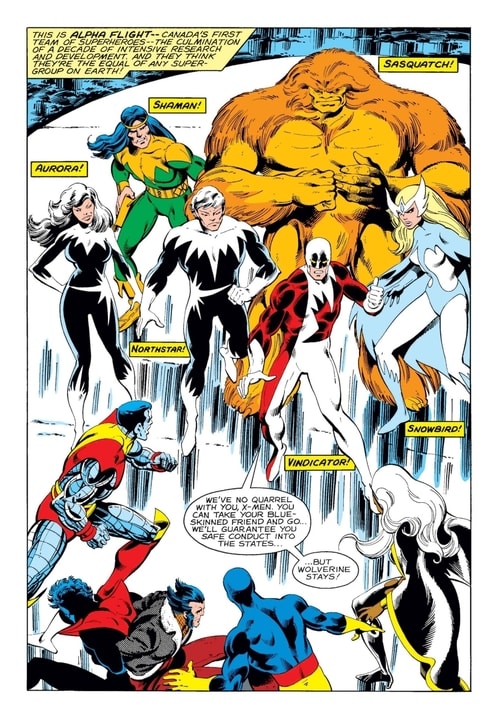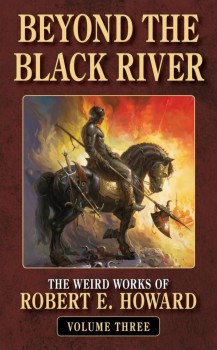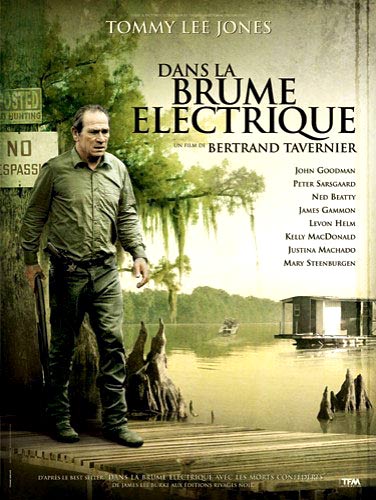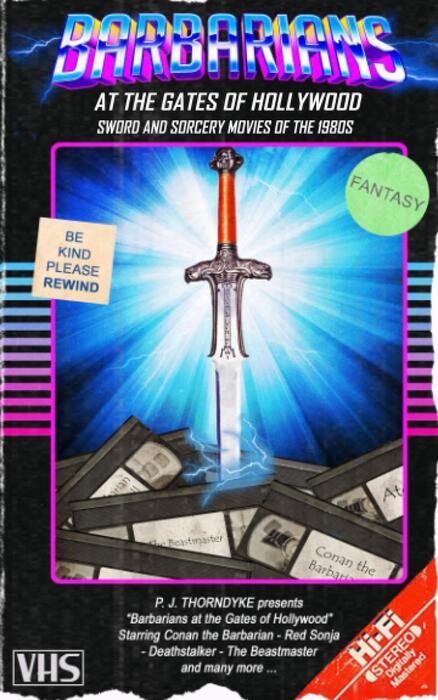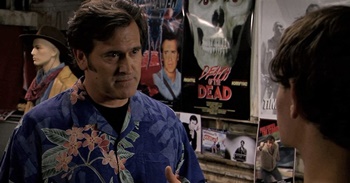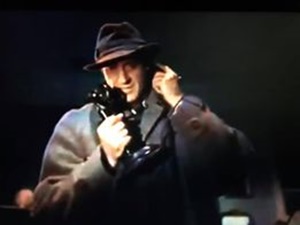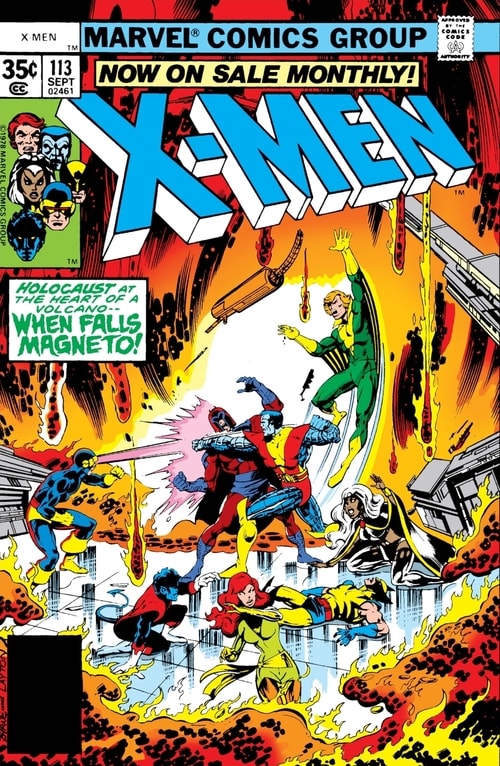Steamed – Gaming here at Black Gate
 The pay phone on the wall by the door into the dungeon…cellar…basement…journalist’s suite below Chicago’s permafrost layer rang at the Black Gate World Headquarters. I vaulted over the wood plank that rested on two sawhorses, which served as my desk. The last person who hadn’t answered before the third ring had been sent downstairs. ‘Downstairs’ was rumored to be the lair of a beast that Conan wouldn’t be able to defeat.
The pay phone on the wall by the door into the dungeon…cellar…basement…journalist’s suite below Chicago’s permafrost layer rang at the Black Gate World Headquarters. I vaulted over the wood plank that rested on two sawhorses, which served as my desk. The last person who hadn’t answered before the third ring had been sent downstairs. ‘Downstairs’ was rumored to be the lair of a beast that Conan wouldn’t be able to defeat.
“Black Gate World Headquarters. Home of the world’s preeminent fantasy magazine.”
“Who is this?” barked the voice of John O’Neill, Founder, editor, publisher, CEO, CFO, and overall Grand Poobah of Black Gate. I could think of a three-letter acronym beginning with ‘S.’ “Is that you, Bryne?”
I took a breath. I had been writing for Black Gate for going on seven years now, and he still got my name wrong. I had given up trying to correct him after the second year. I figured, as long as I remained on the payroll, it didn’t really matter. Not that I actually got paid.
“Yes, sahib.”
“What are you doing down there?”
“Just working on a column, sir.”
“What do you mean, man? You’re in the office on a Sunday, working on a column?”
I caught myself. “Working on three columns, sir. I finished two yesterday.”
“That’s better. Thought I was going to have to reassign some stories from that Ted guy. Can’t have you coasting on past accomplishments.” He paused. “Of course, we’re a team here – no individual egos.”
Yours is certainly big enough for the rest of us, I thought.
“What was that, Bryne?”
“I didn’t say anything, sir.”
